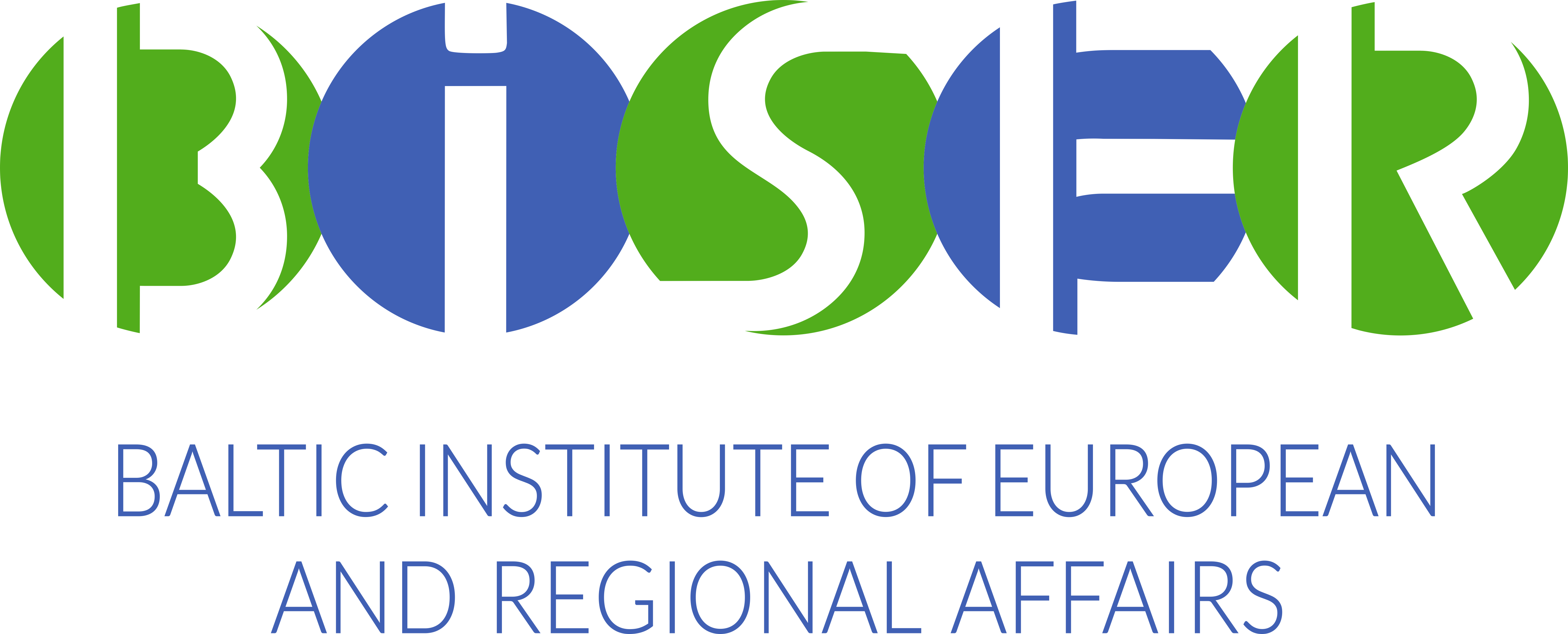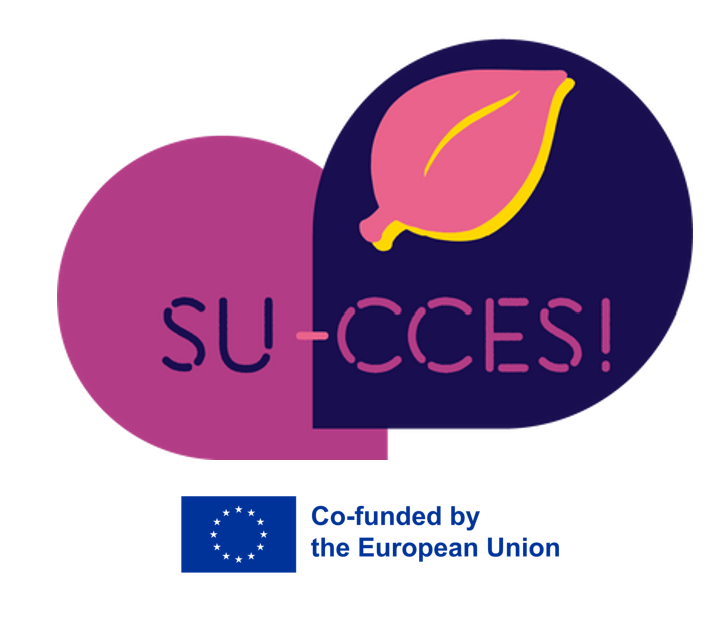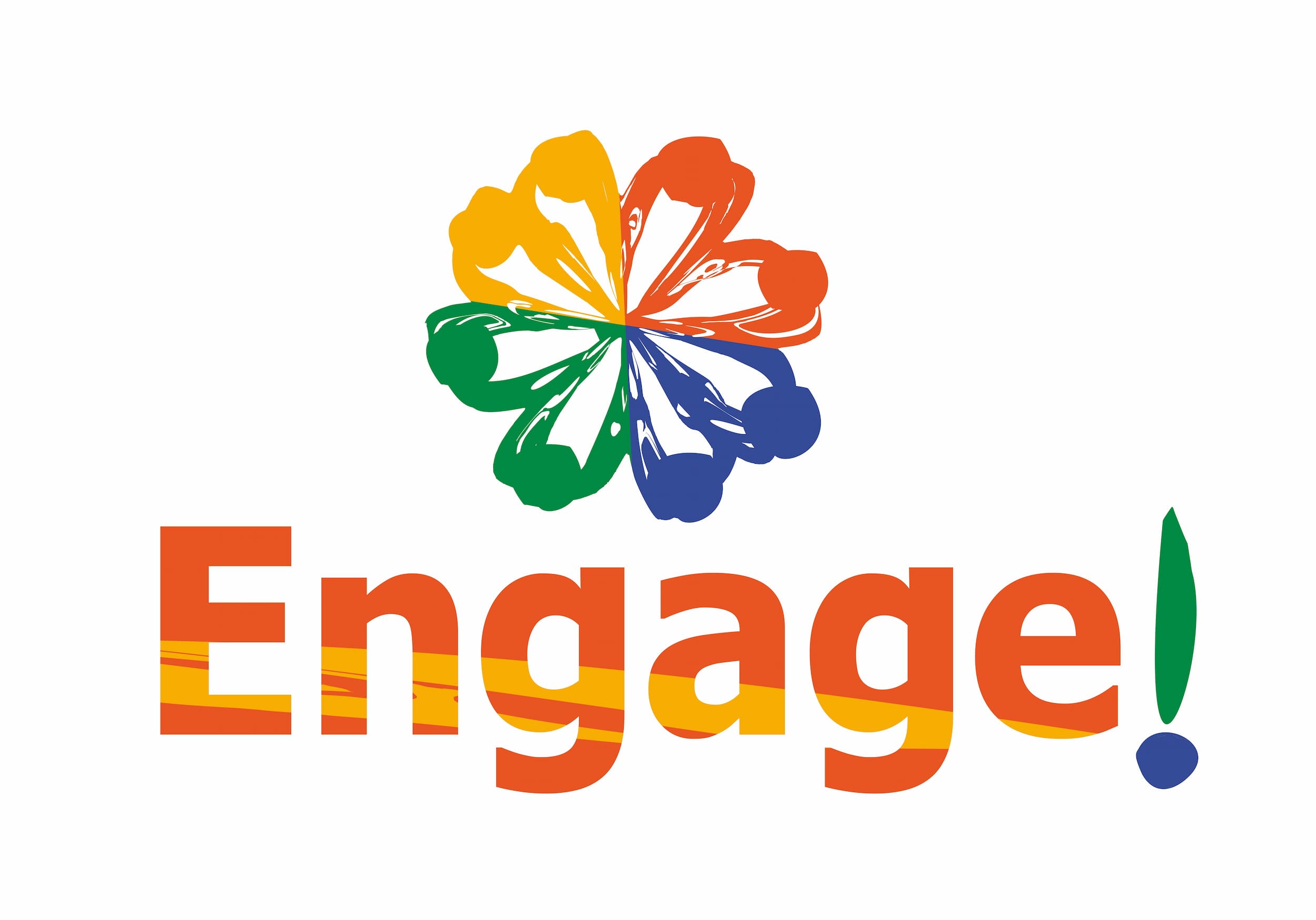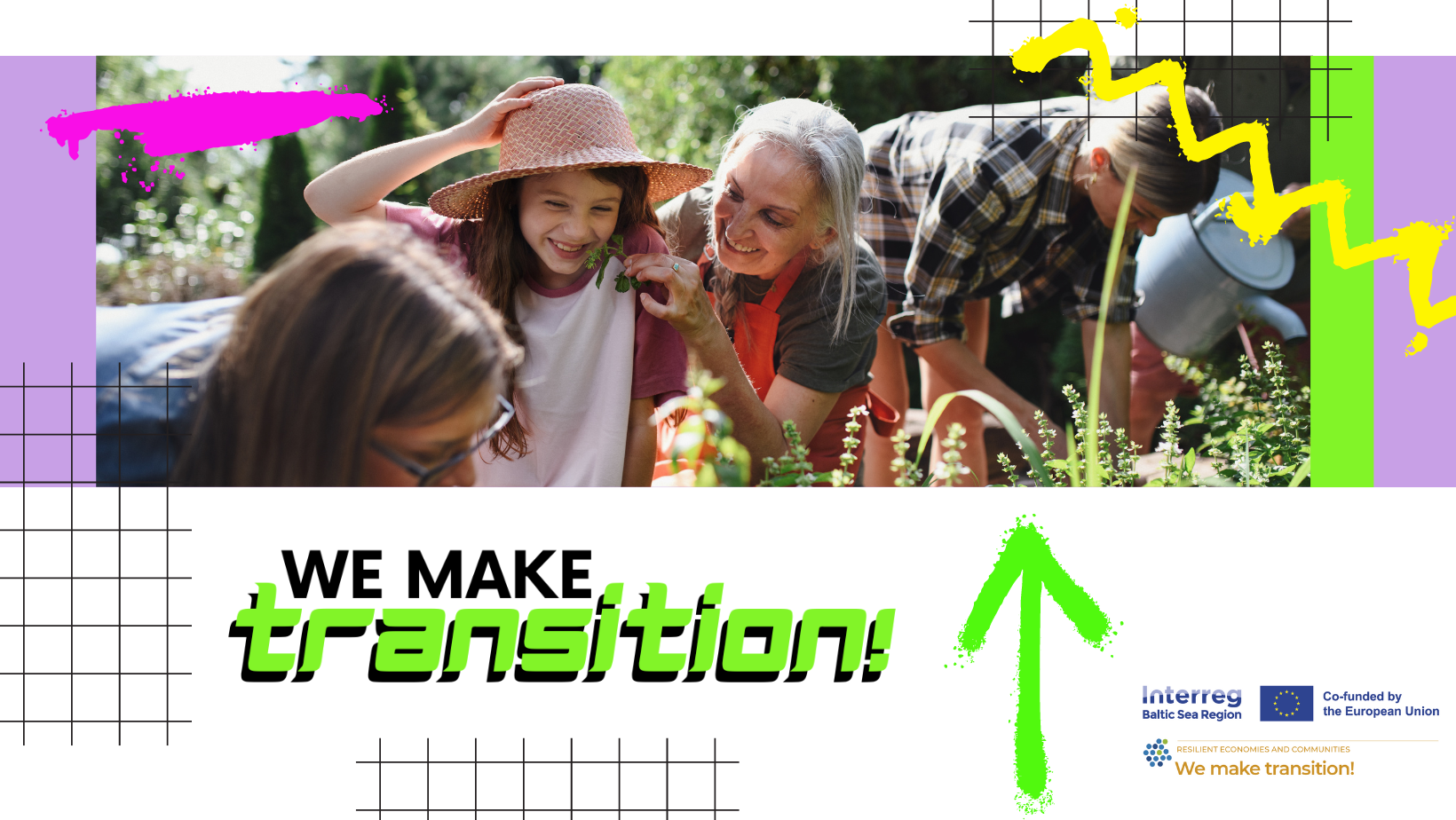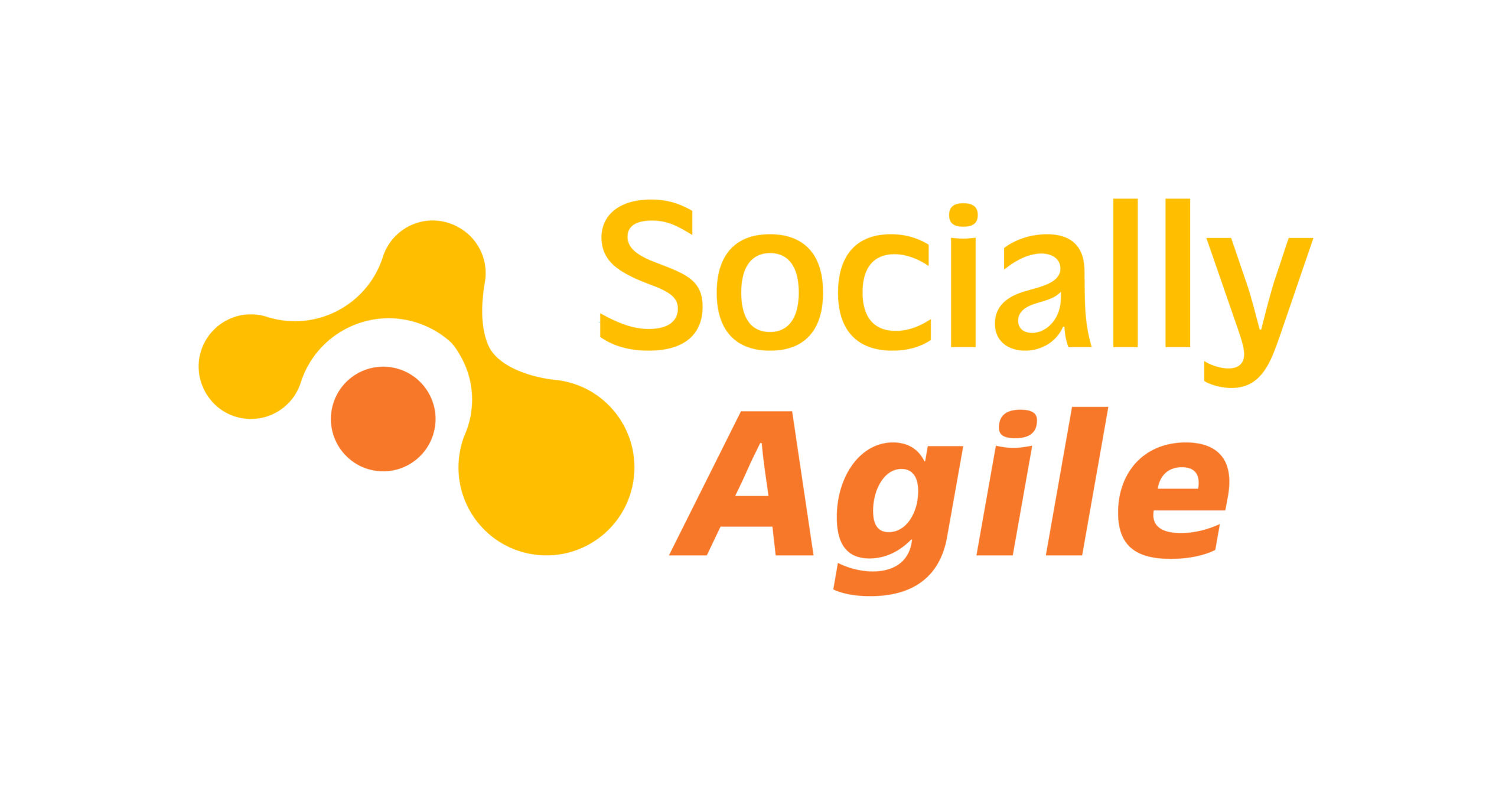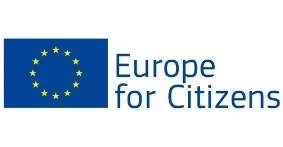Who are the We make transition! change agents?
Partners of We make transition! selected and invited altogether 30 change agents from Finland, Estonia, Latvia, Poland, Germany and Norway.
These change agents are individuals representing organisations from different levels (local authorities, research, small business, civil society actors). They are persons committed to making an impact on sustainability in their communities and organisations. They are the ones who challenge the status quo and strive to bring about positive change.
All 30 change agents participated in three online workshops in November and they will continue their work in Gdynia, Poland in February 2024. Their aim is to co-create:
“Sustainable future vision 2035 that has active civil society actors working for eco-social sustainability in cooperation with local authorities and other stakeholders”
Get to know We make transition! change agents
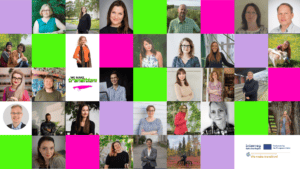
Work in 4 thematic groups
During online workshops, change agents were divided in 4 thematic groups according to their interests: 1) circular and sharing economy, 2) food, 3) sustainable lifestyle and 4) social sustainability. The group work was planned in line with methods used in We make transition! project and advise received from Finnish Innovation Fund Sitra. The work was done with help of online workspaces: Howspace and Miro.
Key challenges identified
The thematic groups identified key challenges that they would like to see solved in the desired sustainable future. These were for example:
- How to mainstream sustainable & happy life instead of life that is based on consumption?
- How to get sustainable choices easy to make in everyday life?
- How to integrate more manual skill development in our education system?
- How to promote small scale local food production and consumption over big corporations?
- How to support more people to take action and develop local communities with the aim to enhance sustainability and community building?
How sustainable vision 2035 looks like?
According to change agents, sustainable future is made of strong local communities with exchange of materials, goods, ideas, skills and support. The whole educational system and lifelong learning path would highlight manual skills and community building much more. Civil society actors are given practical means to foster and enable sustainable lifestyle easy for people. Some elements of sustainable vision include:
“In 2035, due to legislative and regulative changes, circular and sharing economy -based companies flourish: there are special incentives and tax reductions for companies working sustainably or reducing waste, planned obsolescence is prohibited and products with longer guarantees and repair support services have lower VAT. This and support from city strategy, active civil society organizations and conscious city officials have led to a tremendous rise of circular shopping centres that compete with traditional ones. These circular shopping centres include a great variety of high-quality second hand and responsible products as well as repair services, meeting points and cafes and spaces for workshops.”
“Mindsets of people have changed to prefer reuse over buying new products and the overall amount of waste has decreased due to decreased consumption and production. Children are educated from a very early age to sustainable lifestyles and consumption and circular economy is crosscutting in the curriculum of the school system: handwork lessons focus on repairing and tuning of e.g. textiles. Home economics lessons include the theme of food waste. Circularity principles are also embedded in vocational training.”
“Sustainable and reliable ways to produce and distribute food will increasingly rely on more diverse, decentralized and flexible solutions. In practice, this means local services for growing and distributing food and nutrient upcycling. Examples of concrete solutions: Urban agriculture, community agriculture, food collectives, co-ops & associations, services for municipality biowaste upcycling”
“In 2035 there is an EU directive that states that all neighborhoods have community centers/ sustainability meeting points as the norm in each city. These meeting points are funded by the municipality and run by the grassroot level actors together with professional facilitators and local authorities. They offer training, courses and practical activities with focus on sustainable lifestyles, for example enabling people to take part in a circular economy in their everyday life. Everyone feels that they are welcome to these centers. The community center is a space where the decision makers also visit regularly. The information about how the citizen views has affected the decisions is shared in these meeting points.”
The work of change agents will continue in a joint meeting with project partners and change agents in February 2024 in Gdynia, Poland.
